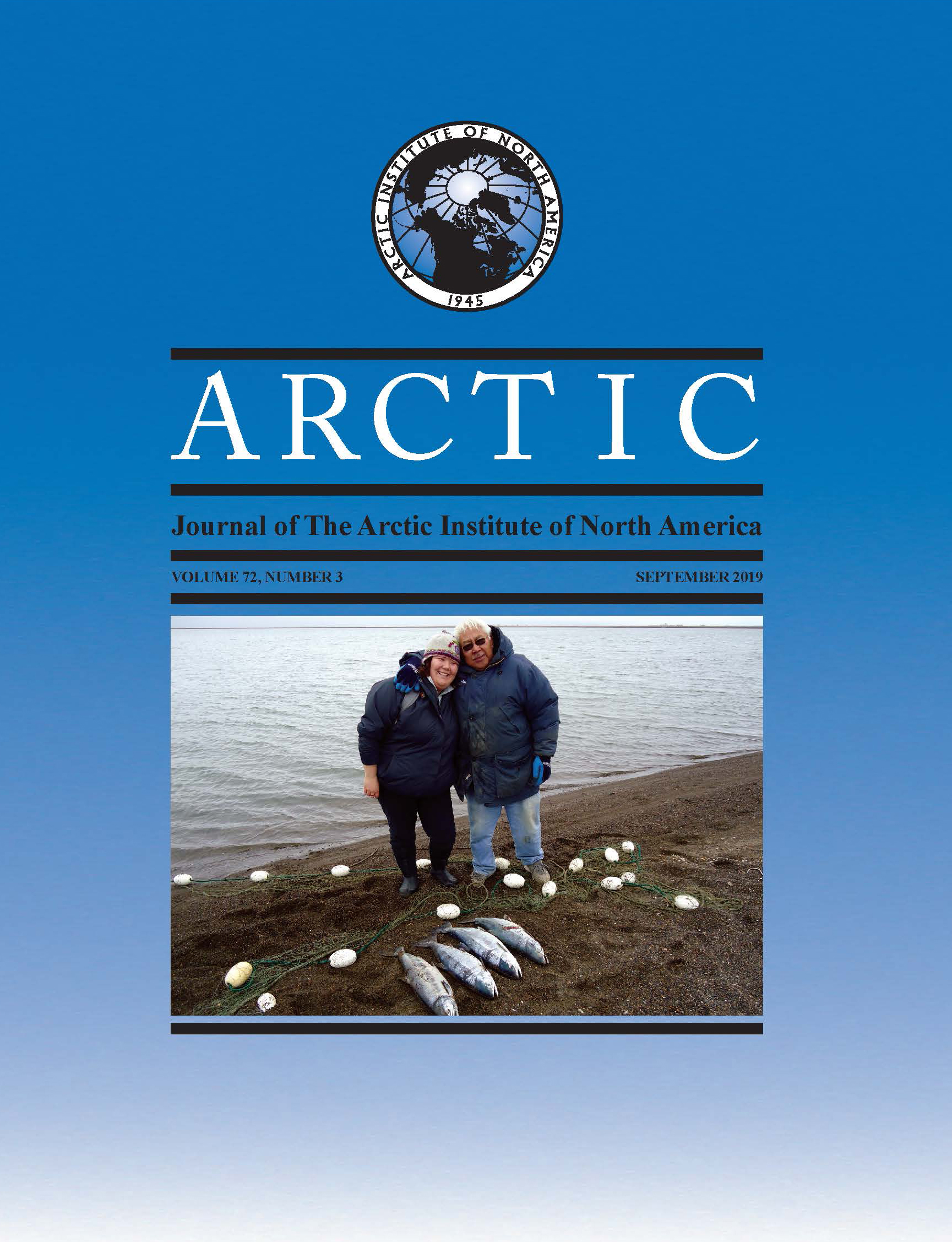Children's Perception of Wolverine in the North Slave Region of the Northwest Territories, Canada
DOI:
https://doi.org/10.14430/arctic68646Ключевые слова:
human-animal relationships; wolverine; Gulo gulo; First Nations, value orientations; youthАннотация
The public’s level of knowledge and opinions towards certain species can greatly impact their willingness to support present or future conservation or management programs. When public opinion is mixed, as is often the case with wild carnivores, an accurate assessment of perceptions and knowledge can identify areas of concern and help guide public outreach efforts. When such outreach programs focus on children they can be particularly effective for two reasons: 1) the opinions of children towards wild animals are often more flexible than the ingrained beliefs of adults, and 2) it is the younger generation that will be called upon to support long-term conservation efforts in the future. To assess the degree of knowledge and the current state of opinion among children towards a little known and often negatively perceived Arctic species, the wolverine (Gulo gulo), we conducted surveys with school children between the ages of 8 – 12 years old in seven schools within the North Slave Region of the Northwest Territories. Results from 151 completed surveys confirm that the majority of children lack general knowledge about this species, though the overall level of knowledge was higher in small, rural communities than the larger capital city of Yellowknife. Negative values were among the most commonly expressed values we observed, but so too was an appreciation for the ecological role that wolverines play in nature. The results of this study can be used to implement new educational programs aimed at increasing the overall level of acceptance of the wolverine and similar carnivores, and to encourage the public’s willingness to support conservation efforts for this often negatively perceived species.


